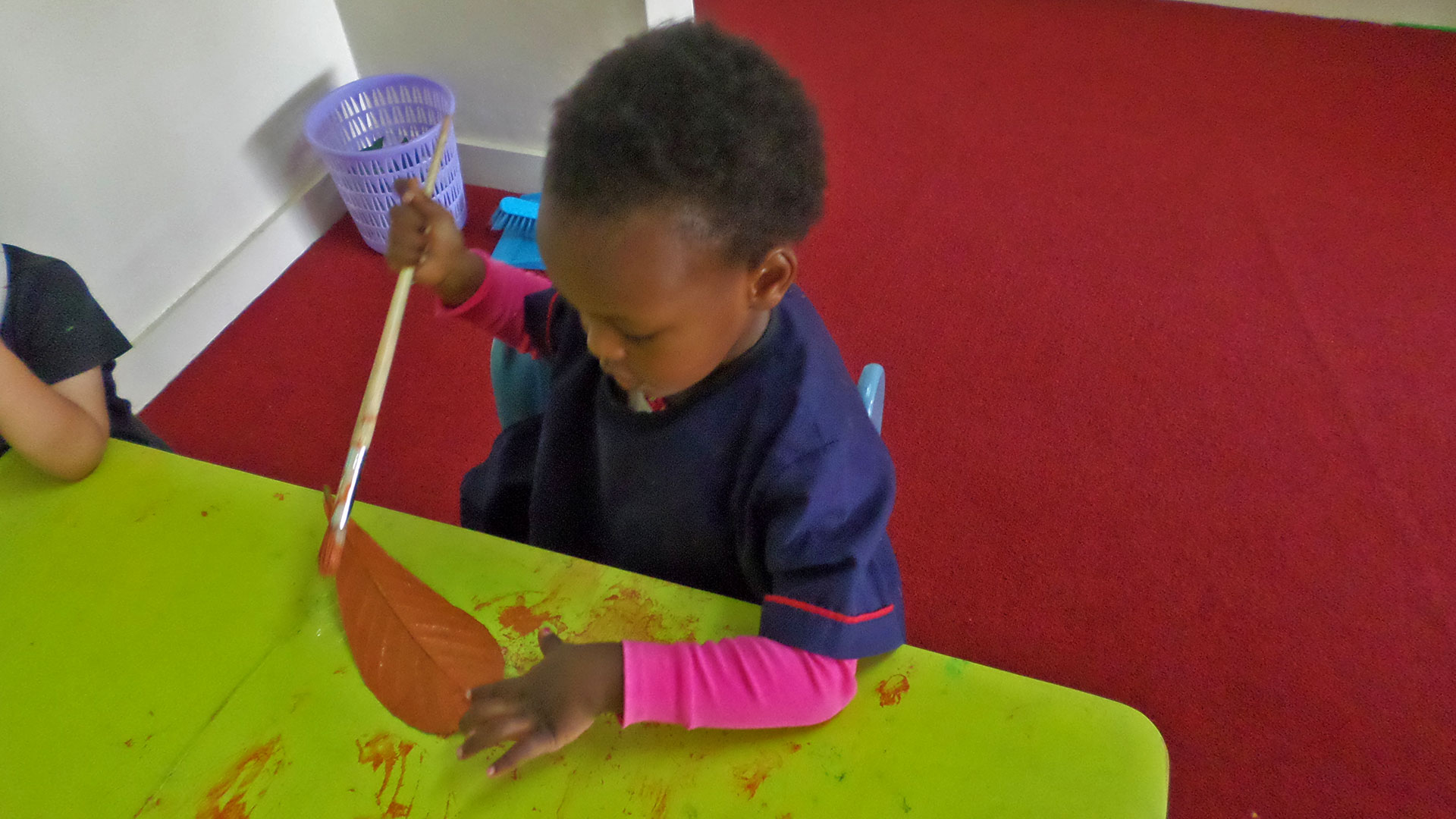There are many important factors to consider when choosing the year your child begins kindergarten.
Can your child access ways to self-soothe?
Children learn how to calm themselves at varying ages. Kindergarten teachers are generally compassionate and attend to an upset child. Yet they will have a classroom full of children to attend to.
Watch for indications that your child can do things to make themselves feel better when they are upset. Self-soothing actions could include holding a favorite toy, asking to be held, drawing or coloring. If your child has few or no coping skills to self-soothe, they may not be ready for a classroom environment.
Can your child wait?
Closely related to self-soothing is the ability to wait one’s turn. In a classroom setting, a child will be expected to raise their hand and wait to be called on, ask permission to use the restroom and wait while someone else is talking.
If your child has difficulty waiting, they may experience challenges in a classroom. Part of early childhood education at Imani Montessori School is helping children develop delayed gratification skills. Yet it is often important for a young child to have some of these skills prior to kindergarten.
Can your child take turns or follow simple instructions?
A kindergartner will likely need to share toys, take turns in a game, and interact in back and forth ways. These abilities can be essential for your child to get the most out of a kindergarten experience.
If your child can sit at the table and eat dinner with the family, they probably can sit at a desk and follow what the teacher asks them to do. If your child can follow your directions to play games or do craft projects, they will likely be able to do the same at school.
Does your child have coping skills for separation anxiety?
Separation anxiety is normal, especially if there is a sibling at home. Your child may imagine the sibling having you all to themselves while they are stuck at school.
Scheduling one-on-one time with the kindergarten child can ensure they also have quality time with each parent and if your child has had few opportunities to be apart from their parents. It may help to leave your child with a babysitter or relative to get them used to being separated from parents during school hours.
Do you believe your child is ready for school?
Pay attention to how your child interacts with peers their age. Look at how they handle conflict or frustration. Be honest with yourself about what you know about your child that may not be readily apparent to teachers.
Trust your intuition. You’ve known your child since birth. You’ve watched them grow through many developmental stages. Use this unique information to help make the important decision about when your child starts school.


Join the Conversation